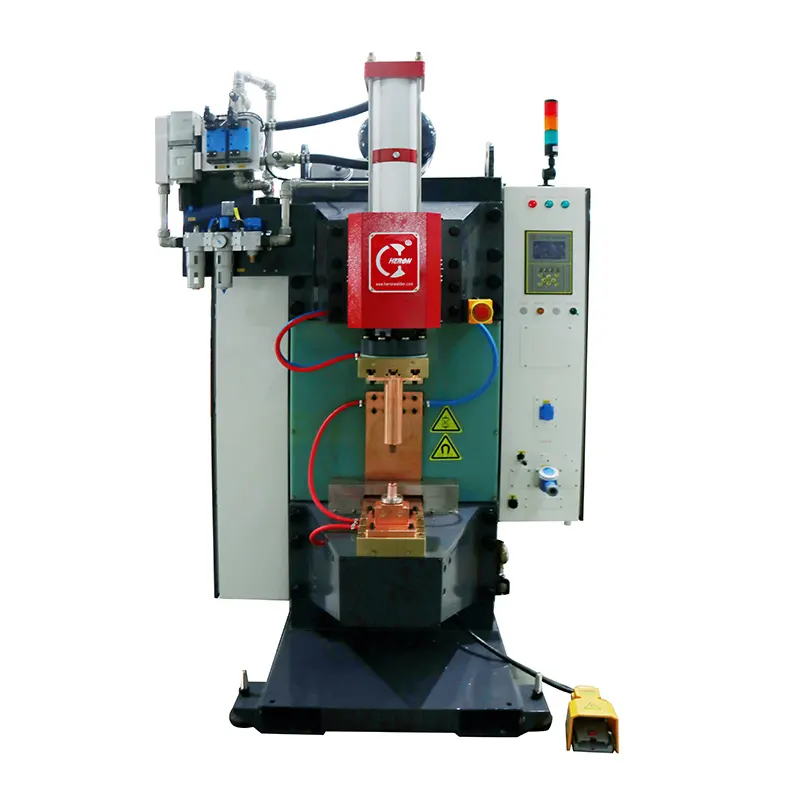Why does resistance welding not require non-destructive testing?
In fact, non-destructive testing is used to evaluate the quality of resistance welding. For example, through visual inspection, the position and spacing of solder joints, welding deformation and spatter of the product can be detected; the depth of indentation can also be detected with the help of measuring tools or magnifying glasses. , cracks and pores on the indentation surface; some internal defects can be detected through ultrasonic or radiographic inspection.
However, any testing method has its limitations. When a product has certain requirements for resistance welding joints, and non-destructive testing cannot confirm whether this requirement can be met, non-destructive testing cannot replace destructive testing. For example, our company has requirements for resistance welding nuts. To meet the breaking torque requirements, you need to use a torque wrench to unscrew the nut and measure whether the breaking torque meets the requirements. In addition, if there are requirements for the resistance welding joint such as nugget size, bending resistance, shear strength, etc., you can only use destructive testing Already.
In contrast, the weld quality of fusion welding can be guaranteed by non-destructive testing, while the joint strength of resistance welding is inherently low, and there are some very subtle defects that have a great impact on the strength of the joint, so non-destructive testing is not reliable. Welding quality can only be checked by destructive testing and ensured by monitoring the welding process.
But everyone knows that destructive testing destroys all products, which involves cost issues. For mass-produced products, the frequency of destructive testing is often stipulated, such as the first piece in each shift, once every 500 pieces, etc. For non- For standard products, and the single product value is high, destructive testing is often performed using test pieces that simulate the product. Compared with the impact of the outflow of defective products, the cost of these destructive testing is worth paying.
Contact Person: Christina Liu
Tel: 86 20 87813325 / 86 20 87819588 / 86 20 87815075
Fax: 86 20 87813346
Address: No.63 Xin Yi Road, Guangzhou, Guangdong China 510990
















